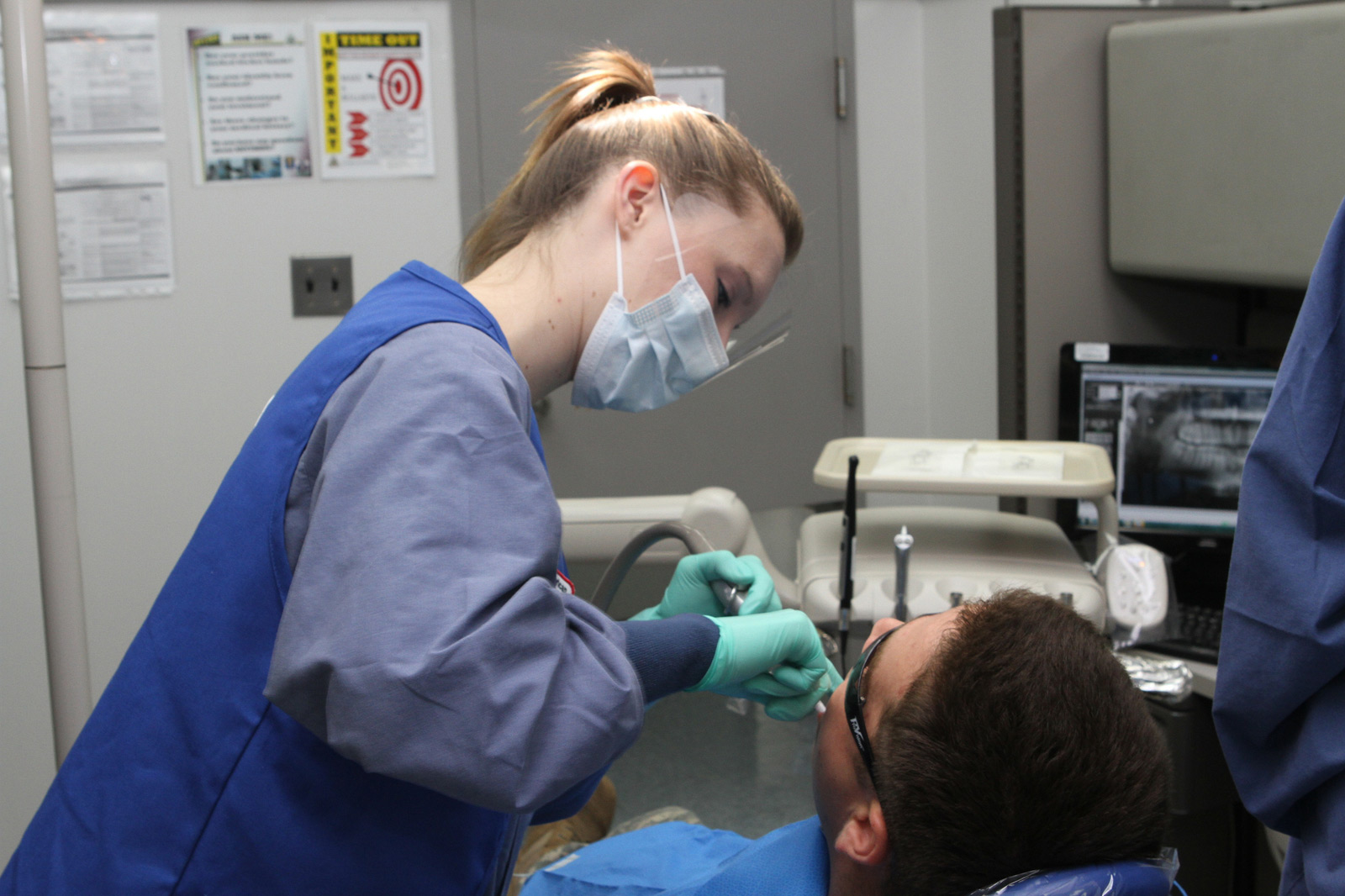
We've seen research that suggests prolonged space travel could have some adverse effects on the human body, but it looks like there could be some real benefits as well. As BBC News reports, a new study conducted on Caenorhabditis elegans worms sent to the International Space Station has revealed evidence that the trip to space actually slowed their aging process. Specifically, researchers from the University of Nottingham and others institutions part of the ICE-First project found that the time in space reduced activity in a group of genes that have been shown to prolong the worms' lifespan when suppressed on earth. Of course, these are worms we're talking about, but this particular species is often used for such research due to its biological similarities to humans, so the discovery could well lead to more insight into how we age in space as well. Those curious can find the full paper linked below.
Filed under: Science
Researchers find space travel prolongs the life of worms originally appeared on Engadget on Tue, 10 Jul 2012 01:48:00 EDT. Please see our terms for use of feeds.
Permalink  SlashGear
SlashGear |
 Nature, BBC News
Nature, BBC News |
Email this |
Comments
 See that helmet in the photo up there? That's not a prop for a new sci-fi/horror flick -- it's a magnetoencephalography (MEG) helmet that can scan the brain and map its activity. MEG machines are used to look for pathological activity in patients wit...
See that helmet in the photo up there? That's not a prop for a new sci-fi/horror flick -- it's a magnetoencephalography (MEG) helmet that can scan the brain and map its activity. MEG machines are used to look for pathological activity in patients wit...
 See that helmet in the photo up there? That's not a prop for a new sci-fi/horror flick -- it's a magnetoencephalography (MEG) helmet that can scan the brain and map its activity. MEG machines are used to look for pathological activity in patients wit...
See that helmet in the photo up there? That's not a prop for a new sci-fi/horror flick -- it's a magnetoencephalography (MEG) helmet that can scan the brain and map its activity. MEG machines are used to look for pathological activity in patients wit...
 The observable universe was already incomprehensibly big, but it now looks to be even bigger. Astronomers have determined that are likely about 10 times more galaxies than previously thought, or between 1 trillion to 2 trillion. We just don't have th...
The observable universe was already incomprehensibly big, but it now looks to be even bigger. Astronomers have determined that are likely about 10 times more galaxies than previously thought, or between 1 trillion to 2 trillion. We just don't have th...
 When Dolly the cloned sheep fell victim to premature aging, lung disease and osteoarthritis, that triggered many fears. Is cloning safe? Would her fellow clones also meet an early end? Apparently, you can relax. A University of Nottingham study s...
When Dolly the cloned sheep fell victim to premature aging, lung disease and osteoarthritis, that triggered many fears. Is cloning safe? Would her fellow clones also meet an early end? Apparently, you can relax. A University of Nottingham study s...
 Today on In Case You Missed It: A new rover concept from Harvard's SSR Lab shows a rover extruding a fast-drying foam over rocks to keep vehicles from getting stuck on other planets. University of Nottingham researchers are building an algorithm...
Today on In Case You Missed It: A new rover concept from Harvard's SSR Lab shows a rover extruding a fast-drying foam over rocks to keep vehicles from getting stuck on other planets. University of Nottingham researchers are building an algorithm...
 You really don't want a root canal, and not just because it's potentially painful. Emptying the tooth of the infected tissue at its heart potentially weakens it, since you can't grow that organic material back or put toxic fillings in its place. Re...
You really don't want a root canal, and not just because it's potentially painful. Emptying the tooth of the infected tissue at its heart potentially weakens it, since you can't grow that organic material back or put toxic fillings in its place. Re...


